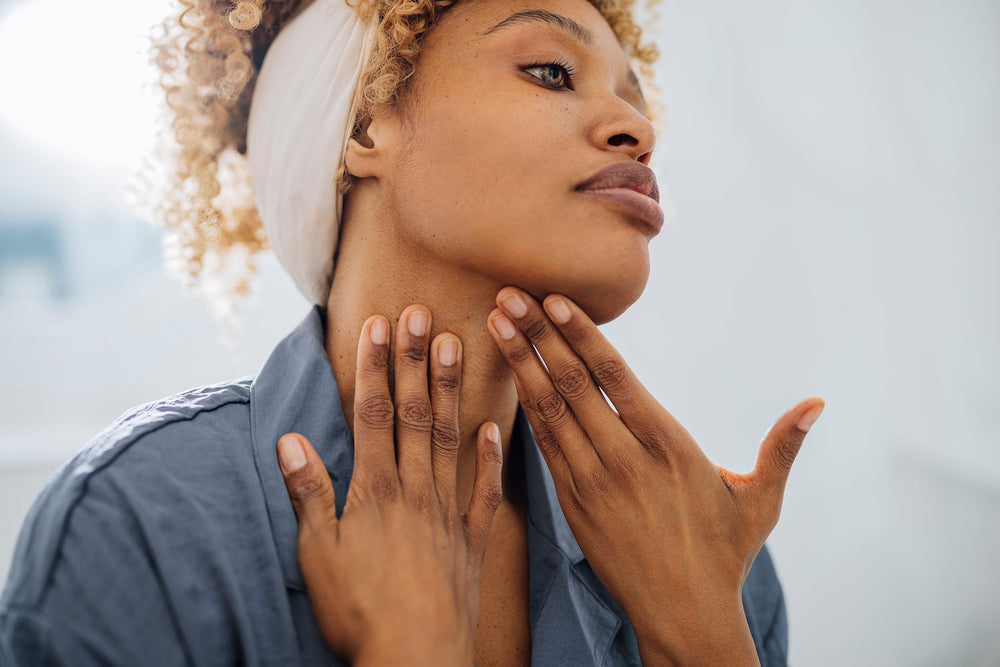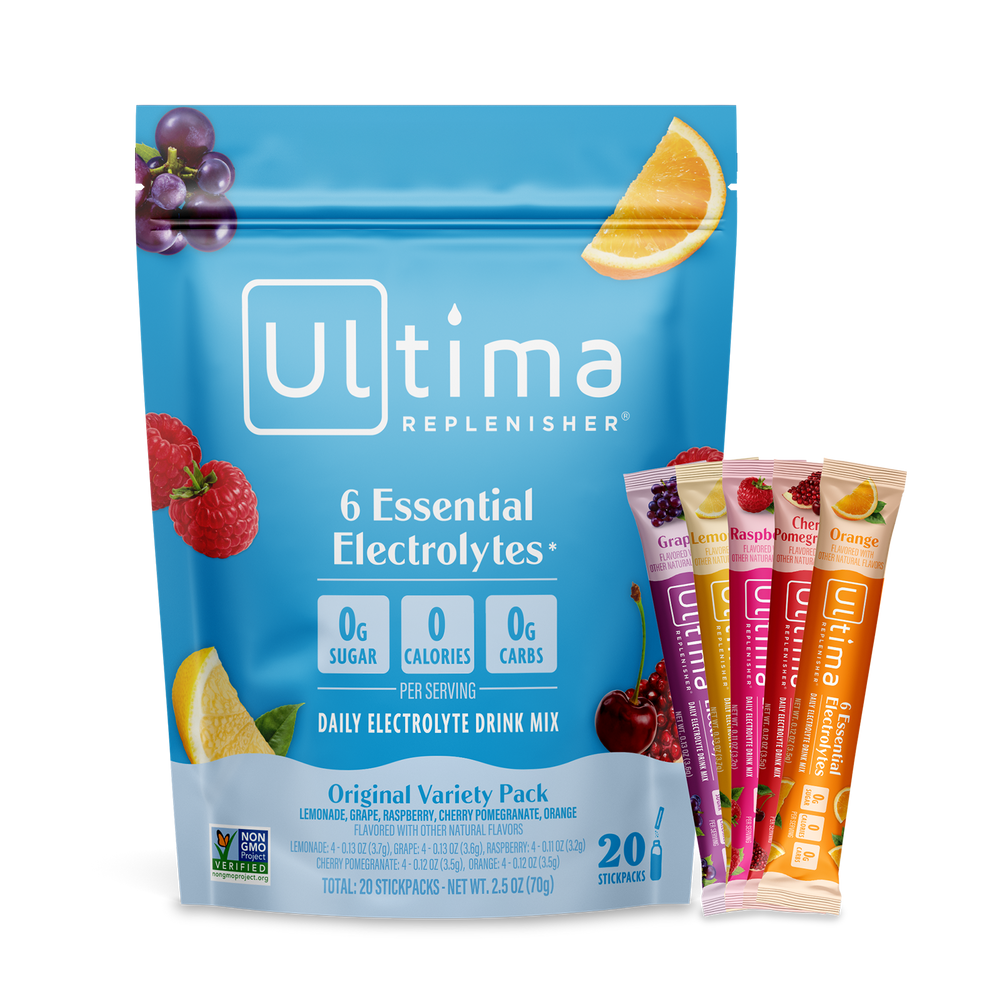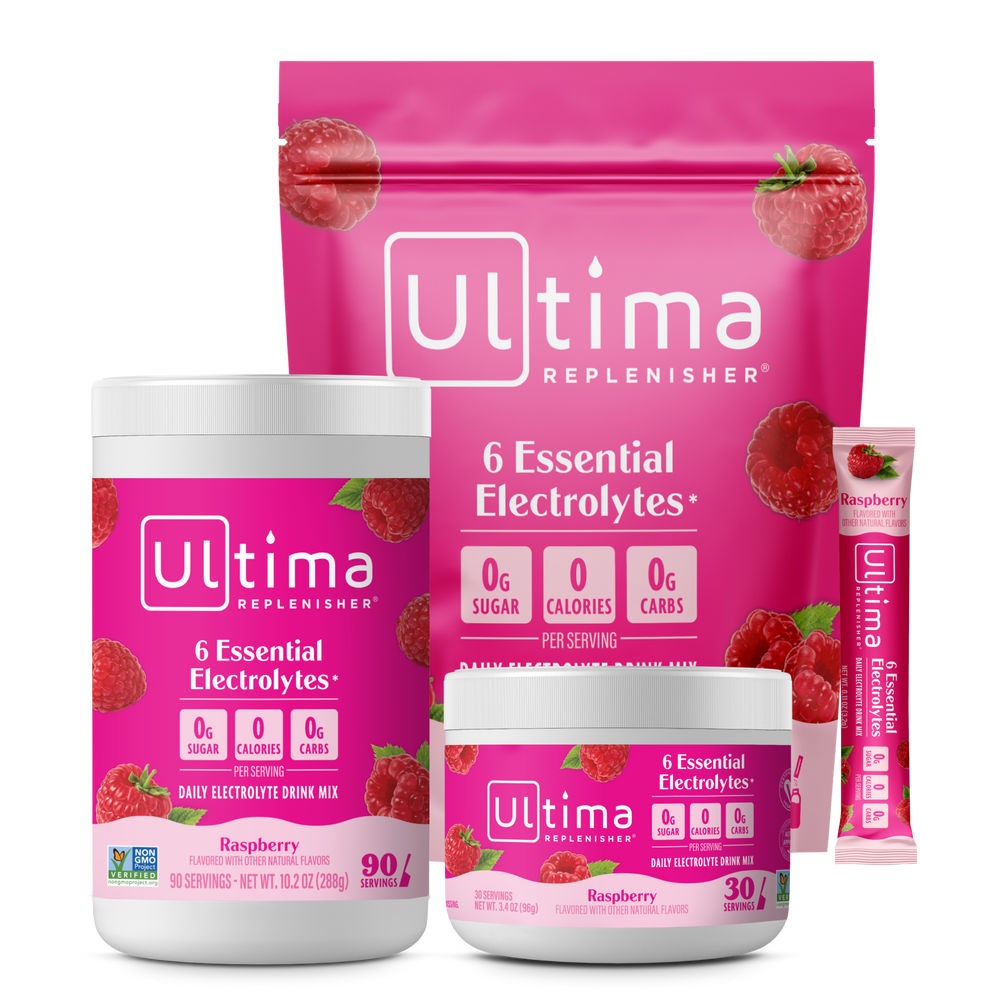
Combatting Dehydrated Skin Symptoms
Combatting Dehydrated Skin Symptoms
It is not uncommon for people to experience dry skin during the colder months of the year. After all, temperatures are colder and the air is drier. However, we often use the term “dry skin” as a blanket statement for skin that needs some sort of moisture, but is that what’s actually happening, or is your dry skin simply dehydrated?
Understanding the difference between the two might just help to save you from the harsh dehydrated skin symptoms that you might be facing throughout the year.
Dry Skin vs. Dehydrated Skin
While the terms dry skin and dehydrated skin are often used interchangeably, there is a significant difference between the two. The easiest way to explain the difference is to understand that one refers to a skin type while the other refers to a skin condition. So while skin may feel drier during the winter months, it is likely that your skin is dehydrated. Having dry skin is more of a general statement to describe your skin type, the same way people have oily or combination skin.
So what does it mean to have dehydrated skin then? Well, there are several factors that can contribute to this, but if your skin is feeling noticeably drier or dehydrated it can be one of the following:
-
Getting older: This is why moisturizing is so important! As we get older, our bodies don't produce the same amount of lipids and may not even function as well as when we were younger).
-
Cold weather: As you may know, when there is a lack of moisture in the air during drier, colder months, it can lead to dehydrated skin.
-
Excessive hand washing or sanitizing: So washing your hands is extremely important, but soaps can be very drying.
Oh, and if you're wondering why it matters to know the difference between dry and dehydrated skin symptoms, it’s so you can find a solution that works. Dry skin calls for more moisture (topical) while dehydrated skin will need hydration. We will get more into solutions in just a moment.
How To Tell If Your Skin is Dehydrated
There are many ways to tell if your skin is dehydrated. The first thing you are going to want to take note of is how much water you drink on a regular basis. If you are drinking less than the average recommended amount for your body, then chances are, you will see dehydrated skin symptoms. Not to mention, if you aren’t getting enough fluids to replenish your electrolytes, then you have likely noticed other forms of dehydration such as light headedness, increased thirst, dry mouth, cracked lips, and lethargy.
However, if you are looking for the physical signs of dehydrated skin, then here are some things to look for:
- Itchiness
- Dullness
- Dark under-eye circles
- Scaly appearance
- White flakes
-
Redness or irritation
So if you have one or two of the physical signs listed above, and you still aren’t sure if your skin is dehydrated or just dry, you can always try the pinch test. While it’s not a substitute for seeing a professional, it can be an easy way to tell if your skin is dehydrated. Below is a simple explanation of what the pinch test is and what to look for:
- Pinch a small amount of skin on the back of your hand for about 5 seconds (you can also pinch the skin on your cheek or chest)
-
Once you let go, if your skin snaps back instantly, then you are likely not dehydrated
- If it takes a few moments to “bounce back,” then you are likely dehydrated
Tips to Combat Dehydrated Skin Symptoms
One of the best ways to combat dehydrated skin is by simply hydrating from the inside out. Sure, there is a difference between dry and dehydrated skin, but by focusing on moisture and hydration, you can have your skin looking and feeling its best. Here are some of the best tips on treating dehydrated skin:
-
Hydrate: This seems like the most obvious answer, but it’s so important to make sure that you are properly hydrated. Drink plenty of water, but don’t forget to replenish those electrolytes!
-
Moisturize: Use hydrating moisturizers in the morning and night, but be sure to look for replenishing ingredients like ceramides and hyaluronic acid to increase your body’s natural moisture barrier.
- Choose Supplements that promote skin health and hydration: As we have mentioned in the past, hydrating and taking care of your body from the inside out is the best way to address dehydration issues. With that being said, try to incorporate more collagen-rich foods and supplements into your daily routine. This will not only help to have your skin looking its best, but it aids in hydration also. Try Ultima Replenisher Beauty Collagen + Electrolytes for hydration that supports beautiful skin, hair, and nails.
Takeaway
We hope that this article has helped you to better understand how dry skin can be caused by internal factors and how hydrating from the inside can help. If you're feeling unsure of how to combat your own symptoms, we recommend starting by making at least one of the tips we shared today…start by simply upping your water and electrolytes intake with sugar-free electrolytes from Ultima. Remember that there is no one-size-fits all cure for dry or dehydrated skin and everyone's experience with it will be different, so don't hesitate to experiment until you find what works best for you.









